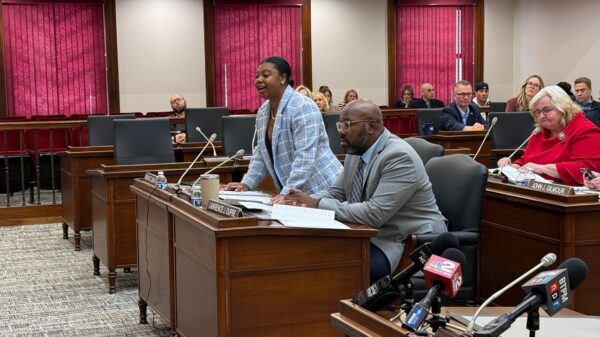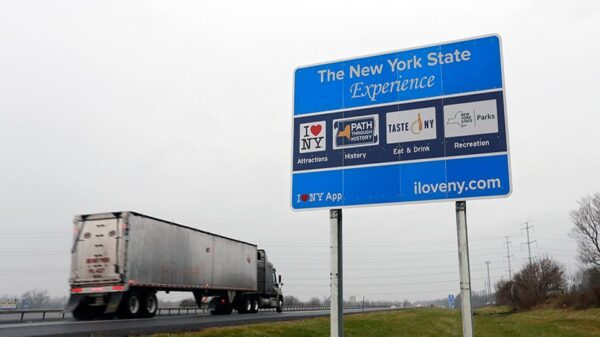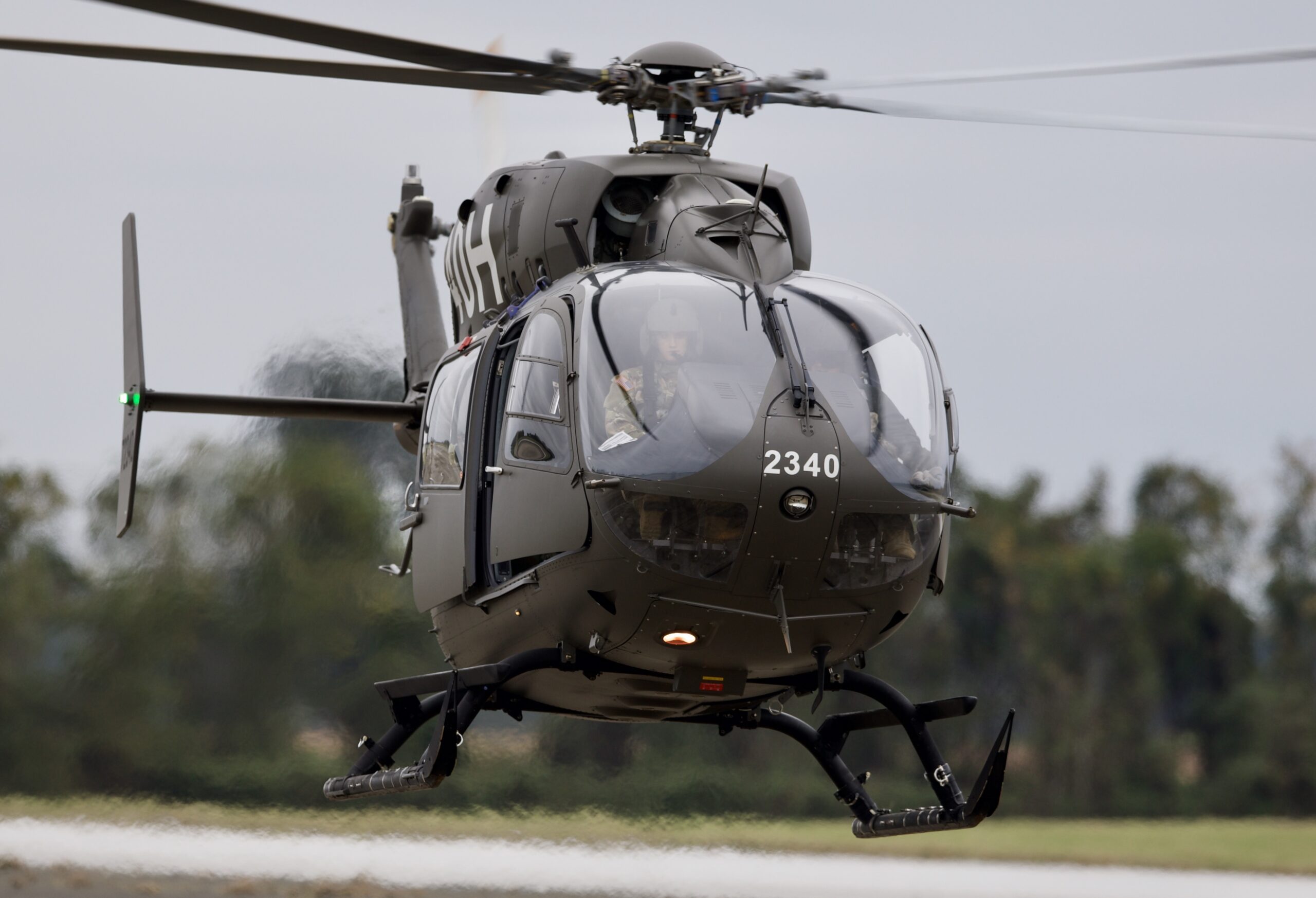U.S. aerospace manufacturer Boeing and Italian defense company Leonardo have announced a partnership aimed at modernizing the training programs for U.S. Army aviators. The collaboration was unveiled on Monday during the Association of the U.S. Army’s annual conference held in Washington, D.C. The two companies plan to submit a proposal to the Army’s Flight School Next initiative, which seeks to enhance rotary-wing training by adopting a more flexible and scalable approach that emphasizes foundational skills, particularly through the use of single-engine helicopters.
The U.S. Army is currently grappling with a series of serious aviation accidents, prompting a significant reevaluation of its pilot training methods. This overhaul includes exploring the types of aircraft used for training and potentially transitioning to a contractor-owned, contractor-operated (COCO) model for flight schools. A study commissioned by the Army in 2020 through the Boston Consulting Group identified that the service could save “hundreds of millions of dollars” by shifting to single-engine trainers. Further analysis conducted in collaboration with an MBA fellowship program at the College of William & Mary determined that a COCO approach would be more advantageous compared to the current government-owned model.
The urgency of this transformation is reflected in the Army’s timeline. According to Maj. Gen. Clair Gill, commander of the Army Aviation Center of Excellence at Fort Rucker, Alabama, the Army has already issued a draft request for proposals and intends to finalize its request soon. The evaluation of submitted proposals is expected to take place in 2026, with a goal of implementing a solution by early fiscal year 2027.
Boeing, with its extensive history in Army aviation, provides key aircraft including the AH-64 Apache attack helicopter and the CH-47 Chinook cargo helicopter. The synergy between Boeing’s established expertise and Leonardo’s AW119T training helicopter is anticipated to create a comprehensive training package.
John Chicoli, senior director for U.S. Army, Marines & Special Operations/Missions at Boeing Global Services, emphasized the collaborative effort, stating, “We are bringing together two industry leaders to offer the Army a turnkey, innovative approach to rotary-wing training with an integrated, long-term training solution that increases aviator proficiency, operational and sustainment efficiencies and will deliver measurable value throughout the life of the program.”
Boeing’s existing training programs for the AH-64 Apache fleet worldwide include a mix of live, virtual, and constructive simulations, cockpit procedure trainers, and instructor development initiatives. The company asserts that its program management capabilities will provide a robust foundation for leading complex training efforts like Flight School Next.
Leonardo’s AW119T trainer has logged over 100,000 flight hours, including more than 16,000 hours under instrument flight rules and 40,000 touchdown autorotations. Currently, the company supports 130 AW119Ts operated by the U.S. Navy near Fort Rucker.
The collaboration between Boeing and Leonardo aims to extend beyond mere aircraft delivery. Their proposal includes a multi-faceted service offering designed to enhance flight training hours, improve skill proficiency, and provide a flexible, scalable training model throughout the contract’s duration. This innovative approach reflects a commitment to not only modernizing training but also ensuring that U.S. Army aviators are well-equipped to meet the challenges of today’s operational environment.





































































